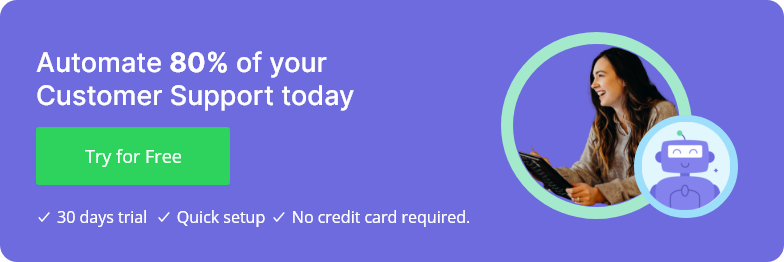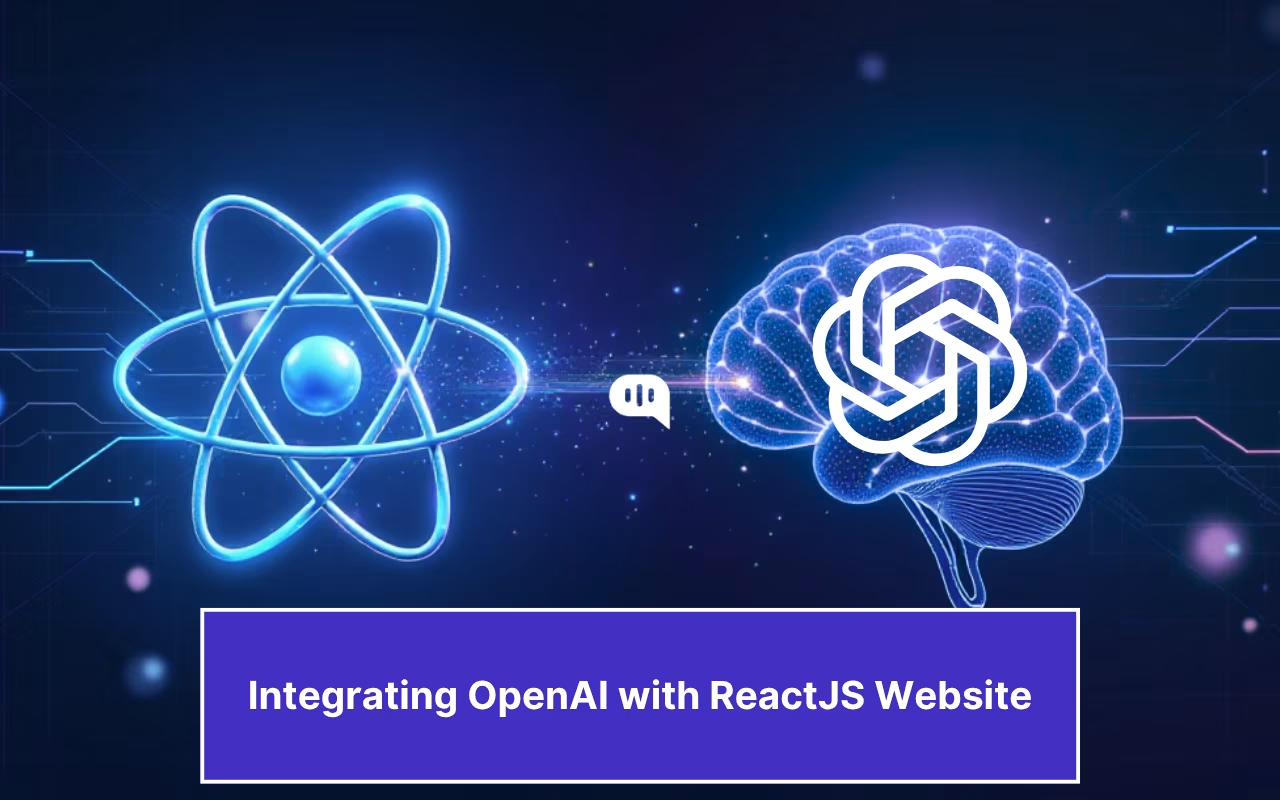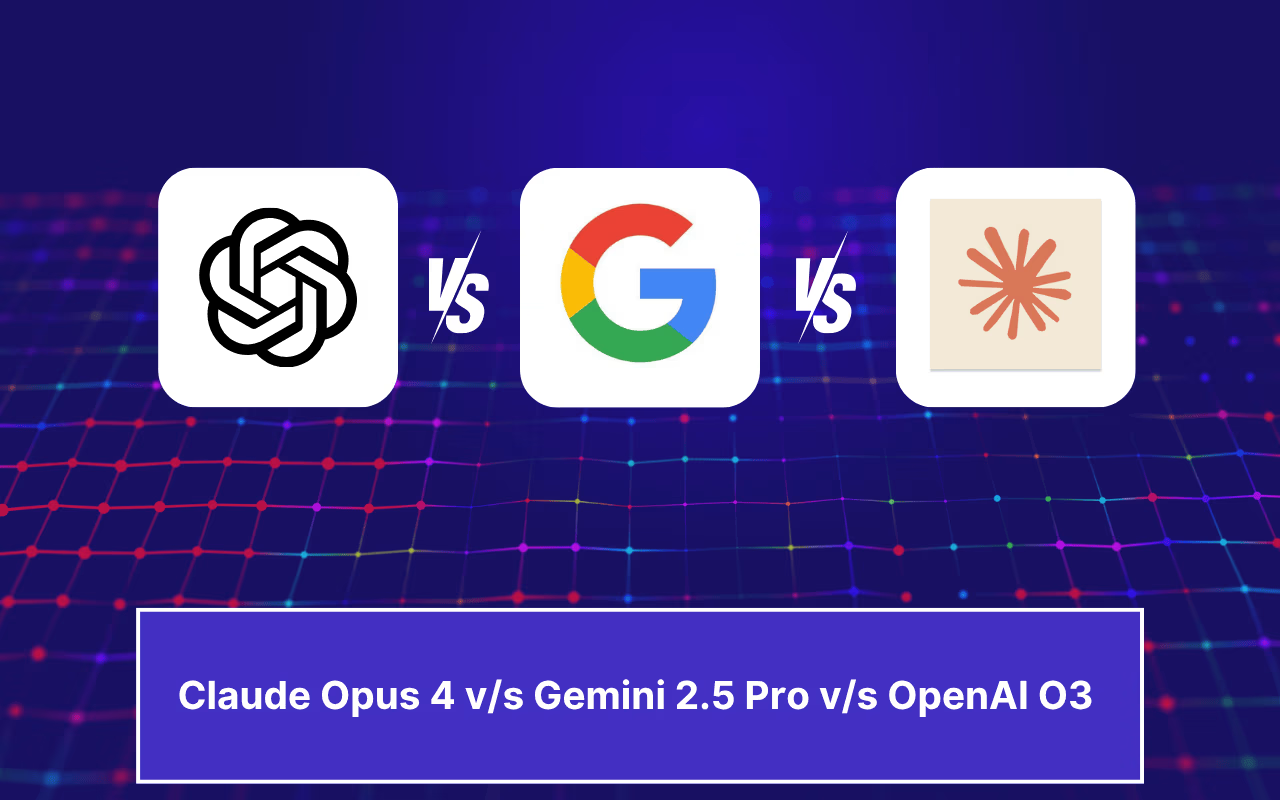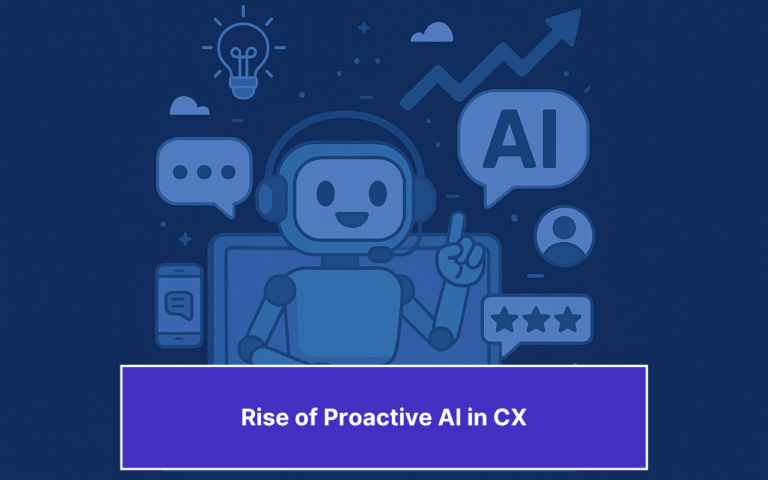Updated on October 8, 2024
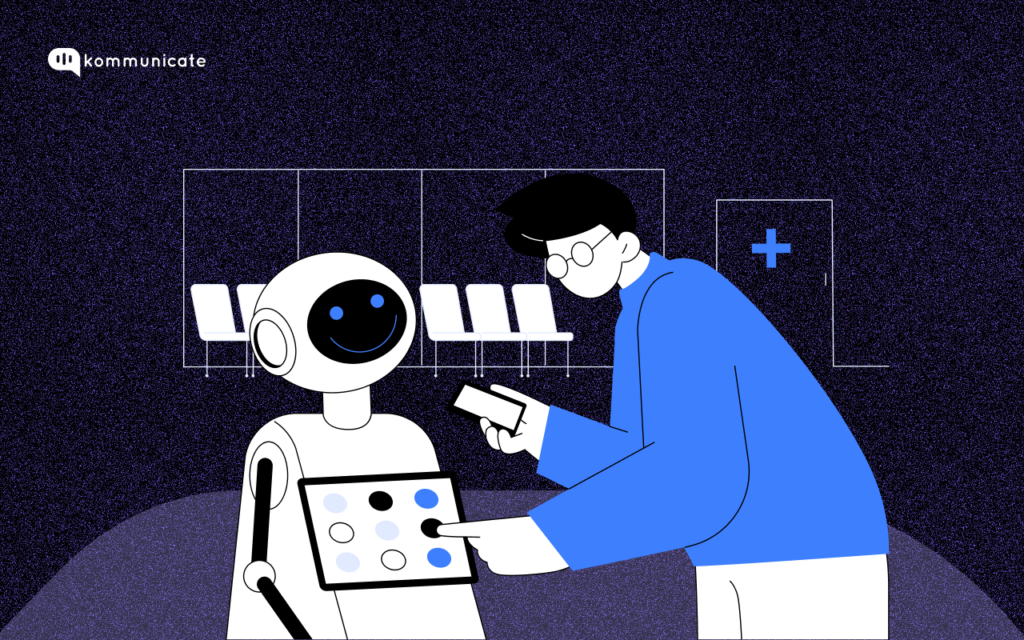
The healthcare industry is complex, especially considering the number of variables involved in providing a good customer experience. Patients judge the quality of customer service your staff provides by how they make them ‘feel’ while interacting with your healthcare organization.
Long wait times, especially in the healthcare industry, dampen the experience. Consider the state of Missouri in the US, for example, where the time taken to address a Medicaid query reached a staggering 1 hour 45 minutes, according to this report by the Independent.

There are many reasons leading to such long wait times – including a shortage of staff, rising volumes of patients, and administrative issues that plague the system. If not addressed in time, these issues can lead to a frustrating experience for the patients, many of whom just want to be taken care of.
The solution to many of these problems is rooted in technology – specifically Artificial Intelligence (AI). AI-powered customer service solutions can automate many of these tasks, like appointment scheduling, basic inquiries, and prescription refills.
An Accenture study found that the use of AI in healthcare customer service can lead to a 25% drop in call volume and a 30% improvement in First Call Resolution (FCR). Not only does this free up the healthcare operative’s time, but it also leads to an overall enhanced patient experience.
In this blog post, we take a deep dive into the world of customer service in healthcare, with a special emphasis on how AI can help improve this.
Alternatively, you can directly deep dive into:
- What is customer service in healthcare
- Why customer service is important in the healthcare industry
- How AI improves customer service in healthcare
- How AI handles the regulatory landscape in healthcare
- Challenges of Implementing AI in Healthcare
What is Customer Service in Healthcare?
Patients have a wide array of interactions with healthcare providers throughout their treatment, and customer service is a sum of all these interactions and experiences. As an enterprise, you must understand the importance of effective customer service in healthcare, as it directly impacts patient satisfaction, health outcomes, and the overall success of your product or service.
One of the pillars of good healthcare customer service is the patient experience. For instance, if the appointment scheduling is smooth and seamless and the communication from the healthcare staff is clear, then it leads to a positive patient experience.
Putting the power back in the hands of the patients using technology, by giving them options to access their medical records or communicate with their healthcare providers will also greatly enhance patient engagement.
Prioritize a great patient experience above everything else, and you will see that your healthcare organization’s growth will be near automatic. We know what customer service in healthcare is, so let us now see why it is important in the healthcare industry.
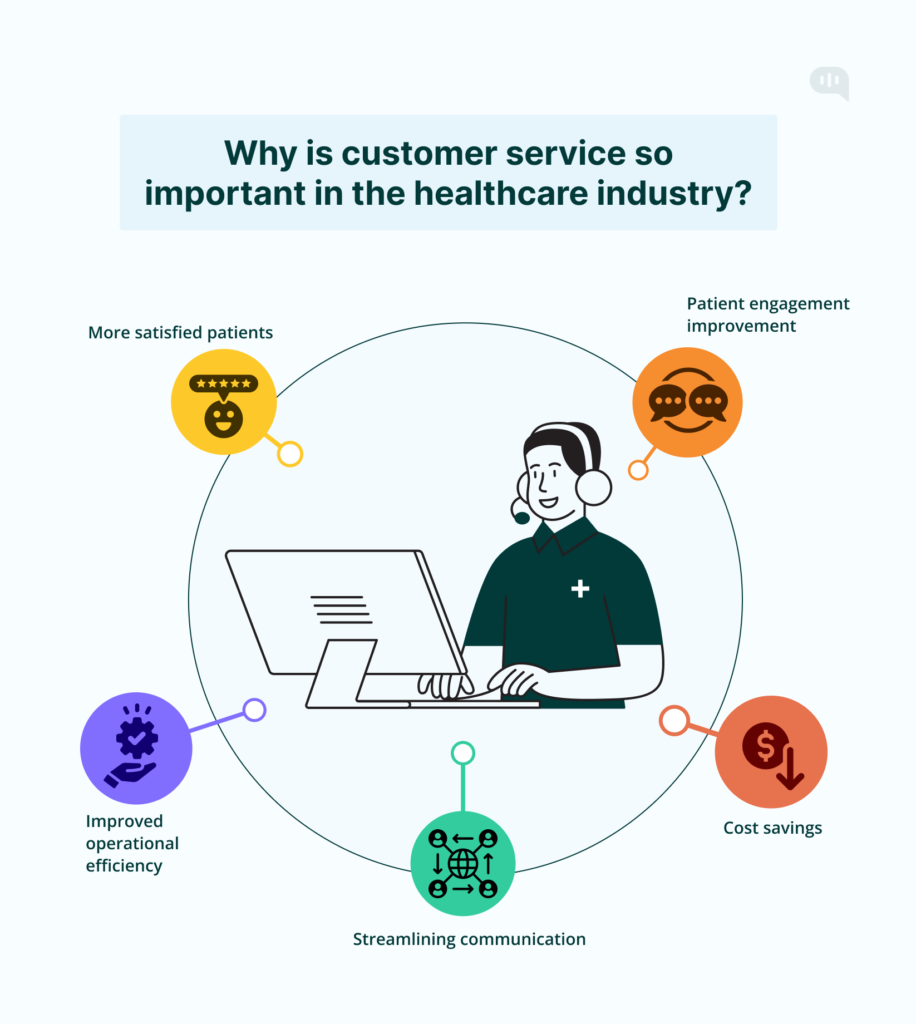
Why is Customer Service so Important in the Healthcare Industry?
Here are a few reasons why customer service is so important in the healthcare industry:
- More Satisfied Patients:
Patients today consider patient experience as a key factor when choosing a healthcare provider. A study by Beryl Institute found that 86% of all the patients polled gave the most importance to a good patient experience. When you provide good customer service, it will naturally lead to better patient retention and referrals.

- Patient Engagement Improvement:
Providing personalized and responsive customer support will lead to higher patient engagement. This is crucial for managing chronic conditions, and also to promote preventive care. Encouraging patients to actively use the tools and resources they need to manage their health actively improves patient outcomes.
For instance, in a study by the Journal of Medical Internet Research, it was found that patients who used their mobiles to manage their diabetes had better medication adherence, and better glycemic control and were in general more satisfied with their care.
- Improved Operational Efficiency:
To improve the efficiency of healthcare operations, enterprises can consider implementing effective customer support solutions, such as chatbots and virtual assistants. A study by the American Journal for Managed Care found that when companies used AI-powered virtual assistants, there was a 30% reduction in call volume and a 25% decrease in the time required to resolve patient inquiries.

Not only do chatbots lead to savings in time, but they also free up healthcare staff who can then focus on delivering more personalized care.
- Streamlining Communication:
When customer support is effective, it can help streamline communication between patients, healthcare providers, and other stakeholders. This will lead to improved health outcomes and better care coordination. Patients who are thus subject to good care coordination will require fewer unnecessary hospitalizations, leading to improved patient satisfaction.

- Cost savings:
When done correctly, good customer service in the healthcare industry can significantly drive down costs for both patients and healthcare providers. Using technology, healthcare institutes can automate routine tasks, streamline communication, and make sure the healthcare staff are contacted only when absolutely necessary. This will improve operational efficiency and drive down overall costs.
By now, it is evident that a good customer service strategy is really important if you plan your healthcare organization to succeed. Now, let us take a closer look at how AI will help you achieve this.
How AI can Help Improve Customer Service in Healthcare:
AI can prove to be a game changer when it comes to providing stellar customer service in the healthcare industry. AI-powered healthcare chatbots can offer 24/7 support, handle patient inquiries, and guide patients through the process of booking appointments or refilling prescriptions. These chatbots not only reduce the burden on healthcare staff but also enhance the patient experience by providing immediate assistance.
For more insights, check out our healthcare chatbot guide, which explores how to build and implement these solutions to revolutionize patient care.
Launch Your Own AI Chatbot Without Sign upHere are some of the ways AI is revolutionizing this field:
- Personalized Patient Engagement:
One of the key advantages of AI is that it can synthesize and make sense of a large volume of data. AI can analyze patient data and preferences to deliver truly personalized care and support. For example, the Cleveland Clinic implemented an AI-powered platform that disbursed information tailored to individual patient’s needs, leading to a 20% boost in patient satisfaction.
- Proactive Support
AI’s ability to analyze complex datasets also lets it find patterns and predict potential healthcare needs, enabling healthcare organizations to provide proactive support. This will eventually lead to improved patient outcomes. Healthcare institutes can use predictive AI to accurately gauge patient no-show rates, which will let them proactively reach out and reschedule appointments.
- Automated Chatbots and Virtual Assistants
AI-powered virtual assistants and chatbots that can be build are increasingly making their presence felt in the healthcare industry, with healthcare providers using them to handle routine patient inquiries, for prescription refilling, and appointment scheduling. When chatbots handle these routine tasks, it frees up the hospital staff’s time, who can then handle more complex tasks.
Intermountain Healthcare, a large non-profit healthcare organization based in Utah, implemented a virtual assistant named “Alex” to communicate with patients through multiple channels. Alex helps patients with appointment scheduling, and prescription refill requests, providing basic medical information and health education, and answers questions about billing and insurance coverage.
- Administrative Tasks Become Simpler
There are a bunch of administrative tasks that can be automated with the help of AI, and many healthcare institutions in the US are now embracing this phenomenon. Medical billing, record keeping, and documentation are just a few of the tasks that AI can do with ease. Administrative tasks, particularly those tied with medical coders and billers, are continuously evolving. AI advancements simplify record-keeping and physical therapy billing, improving accuracy and efficiency in the revenue cycle management process.
- Multilingual and Accessible Support
AI-powered language translation tools can help healthcare providers give customer support in multiple languages. Patients who are differently abled and have difficulty accessing information can thus be brought under the customer service bracket, making sure the healthcare organization provides inclusive care.
We know that AI can change the way customer service is delivered in the healthcare industry, but can it do more? Healthcare as an industry is heavily regulated, and with good reason. Patient data is one of the most sensitive kinds of data to exist, and any leaks here can prove disastrous.
Here are a few ways AI can help handle the regulatory landscape.

AI Handling Regulatory Landscape in Healthcare
Healthcare providers can unlock the full potential of AI while ensuring the safety and security of patient data and healthcare operations, by leveraging this technology correctly. Here are a few ways AI can help address the regulatory challenges:
- Compliance Monitoring: AI algorithms can continuously monitor healthcare data and operations to ensure that your healthcare institute complies with regulations such as HIPAA, state-level guidelines, and FDA guidelines. Healthcare institutes can thus address potential compliance issues even before they arise.
Northwell Health, one of the largest healthcare providers in NewYork, has used AI to implement a compliance- monitoring system that helps it adhere to various regulatory requirements, like HIPAA. The AI powered system uses NLP and machine learning to analyze a vast trove of data, including Electronic Health Records (EHR)s, billing documents, and patient communications such as emails and chat logs, integrating with the best EMR for urgent care.
- Risk Management: Data breaches are not unheard of in the healthcare industry, and with AI by their side, healthcare organizations can anticipate and mitigate regulatory risks. This will help them stay compliant with the regulatory laws, and prevent any legal ramifications.
Ascension is a US based non-profit healthcare system that is using an AI-powered risk management platform to help identify and mitigate risks across its various platforms. The AI uses data from a wide variety of sources to detect patterns and trends which will lead to risks such as patient safety incidents (e.g medication errors), operational disruptions, financial and reputational risks.
- Automated Reporting: With healthcare regulations, there is a lot of reporting to be done, and AI can automate the generation of these regulatory reports. They can streamline the submission process and also reduce the risk of errors or omissions. Regulatory bodies will thus come to see your healthcare organization as transparent, which will improve the quality of interactions you have with them. While we have seen how AI can help boost customer service in the healthcare industry and also help navigate the regulatory landscape, there are a few challenges in implementing AI that one must consider.
Challenges of Implementing AI in healthcare
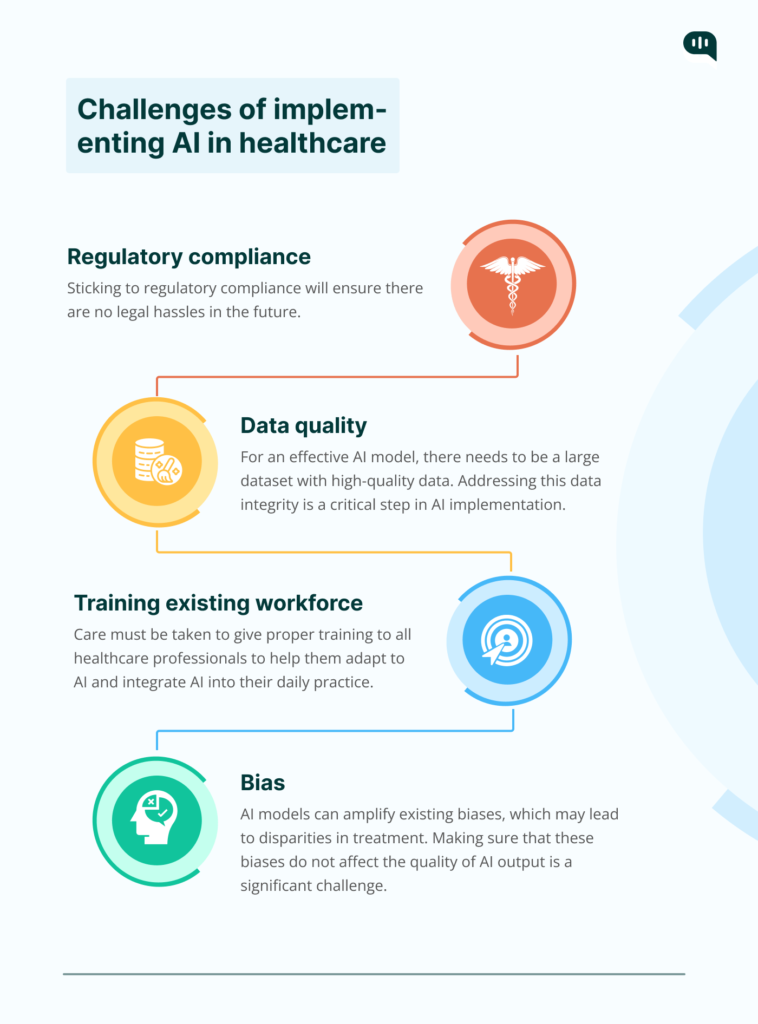
Healthcare institutions must ensure that they address these unique challenges before implementing AI. They include:
- Regulatory Compliance: As mentioned earlier, healthcare is a highly regulated industry, and the use of AI must comply with regulations such as HIPAA and SOC2. Sticking to regulatory compliance will ensure there are no legal hassles in the future.
- Data Quality: For an effective AI model, there needs to be a large dataset with high-quality data. This can be difficult to obtain in the healthcare industry, where the data sources are usually fragmented with legacy systems. Addressing this data integrity is a critical step in AI implementation.
- Training Existing Workforce: Implementing AI can disrupt traditional healthcare workflows and roles. Care must be taken to give proper training to all healthcare professionals, along with sufficient upskilling opportunities, to help them adapt to AI and integrate AI into their daily practice.
- Bias: AI models can amplify existing biases, which may lead to negative outcomes and disparities in treatment. Making sure that these biases do not affect the quality of AI output is a significant challenge to the implementation team.
While the implementation of AI in healthcare does pose its own set of unique challenges, the pros far outweigh the cons, and in the not-so-distant future, you can expect AI to permeate into a lot of the functions where you would find healthcare professionals today.
As with any new technology, there could be some initial pushback, but, once implemented correctly, AI can truly transform the way patients view your healthcare organization.
Enhance support workflows, accelerate resolutions, and boost efficiency with AI-powered email ticketing from KommunicateYou may also read:
- An essential guide to HIPAA-compliant healthcare chatbots.
- Everything you need to know about the Hospital Management system.
- 5 telemedicine trends for 2024.

CEO & Co-Founder of Kommunicate, with 15+ years of experience in building exceptional AI and chat-based products. Believes the future is human + bot working together and complementing each other.

